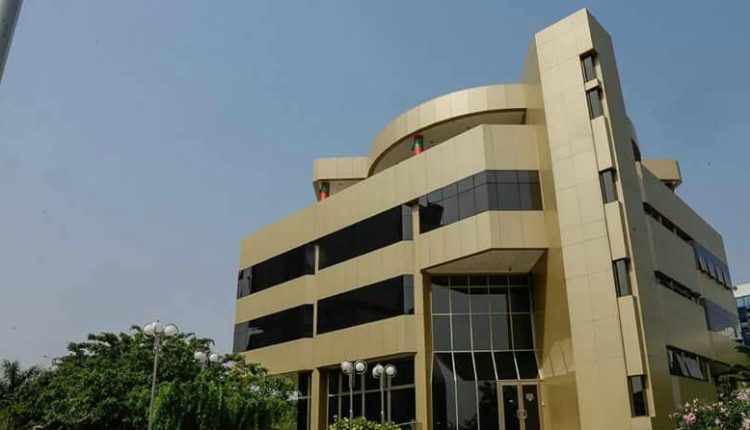State-Owned Enterprises Take GHc 1.5 billion hit from COVID-19
State-owned Enterprises (SoEs) have been badly hit by the COVID-19 pandemic with losses of up to GHC 1.5 billion.
Businesses are feeling the pinch of the coronavirus leading several layoffs, redundancies and cutbacks attributed to lockdowns and other restrictions.
Presenting the Mid-Year Budget Review on Thursday, July 23, Mr Ofori Atta said: “So far 19 out of the 28 State-owned Enterprises (SOEs) are projecting losses up to GH¢1.55 billion for 2020”.
The contagion that has affected 29,672 people with 26,090 recoveries/discharges and 153 deaths, has led to disruption in corporate and general business confidence, with threats to projected revenues, profitability, liquidity and corporate growth.
Mr Ofori-Atta explained that the global pandemic and projections have significant implications for the socio-economic life here in Ghana.
The Trades Union Congress (TUC) has projected 500, 000 job losses in the formal and informal sectors.
The sectors heavily affected include the hotel and hospitality industries, foreign direct investment, trade and industry, agriculture, health, transportation, manufacturing and education. Households and businesses have equally been hard hit with significant job losses and reduced incomes.
Restrictions on movement and enforcement of social distancing protocols severely affected the transport sector, he said.
Commuter mini-bus services, ‘trotro’, operated at 70 percent load capacity whilst inter-city buses had passengers reduced by 50 percent between March and May.
“The operations of Metro-Mass Transport experienced a decline in monthly revenue from GH¢5.5 million to GH¢2.1 million.
“The Intercity STC Company witnessed a decline in bus services and luggage revenue from an average of GH¢5.0 million in the previous months to an average of GH¢3.0 million since March 2020.
“ The Driver and Vehicle Licensing Authority also experienced losses as revenue fell drastically from GH¢3.5 million to about GH¢1 million between March and April 2020.
He said evidence presented by the Tour Operators Association shows 11,558 tourists cancelled their visits to Ghana, leading to a projected year-to-date revenue loss of GH¢4.8 million.
In the energy sector, “the significant impact is on exploration, appraisal and production of oil and gas activities, including delays in implementing the 2020 work programmes of operators”.
Meanwhile, the Petroleum Commission has estimated that projects valued at US$324 million across the petroleum upstream sub-sector have stalled or been postponed due to the pandemic.
Aker Energy, for instance, has notified the Ministry of Energy of the postponement of the Pecan field development.
This has impacted the delivery of first oil from the Pecan project, thereby postponing projected revenues to the government. These postponements could weaken the critical role of the oil and gas sector in propelling economic growth.
Consequently, the projected real GDP growth for 2020 has been revised considerably downwards from 6.8 percent to 0.9 percent.
“Mr. Speaker, the fiscal cost of the COVID-19 pandemic is enormous,” Mr Ofori-Atta stressed. “When I appeared before this august House in March this year, I informed Honourable Members that the total fiscal impact of the pandemic was estimated at GHȼ9,505 million (2.5% of revised GDP), stemming from shortfalls in petroleum receipts, import duties, and other tax revenues, the cost of the Emergency Preparedness Response Plan, and the cost of the Coronavirus Alleviation Programme.
According to the minister, updated fiscal estimates indicate that revenues are expected to fall short of the 2020 Budget target by GH¢13,632 million, representing 3.5% of revised GDP, arising from shortfalls in Petroleum Receipts of GH¢5,257 million; Non-Oil Tax revenue GH¢5,089 million; and Non-Tax Revenues of GH¢3,286 million.
On the other hand, expenditures are expected to increase by GH¢11,660 million (3.4% of revised GDP), reflecting mainly expenditures on COVID-19 Preparedness & Response Plan, provision of Health Infrastructure (Agenda 88+), Coronavirus Alleviation Programme, Capitalisation of National Development Bank, Security, Elections, and payment of outstanding claims.



